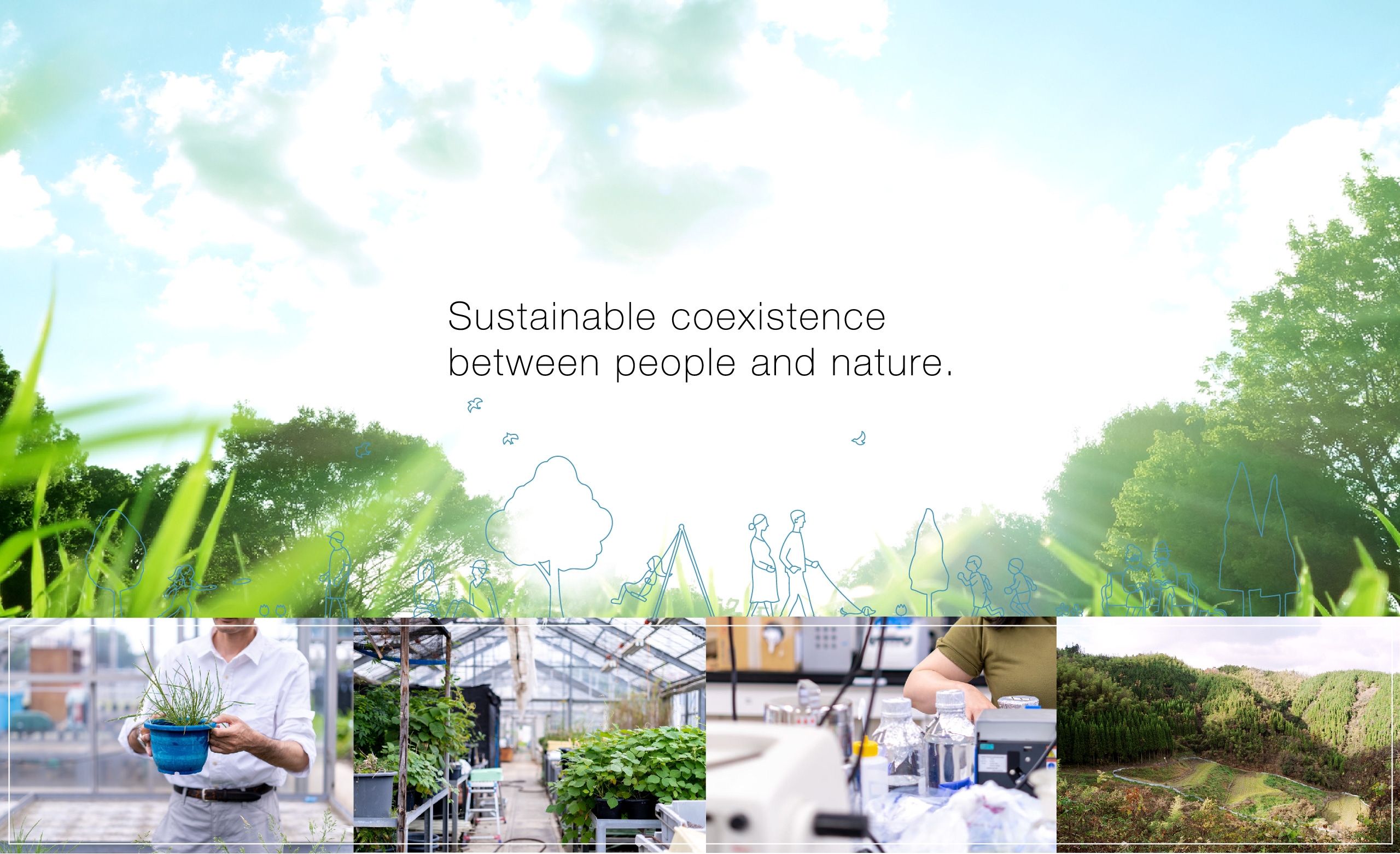
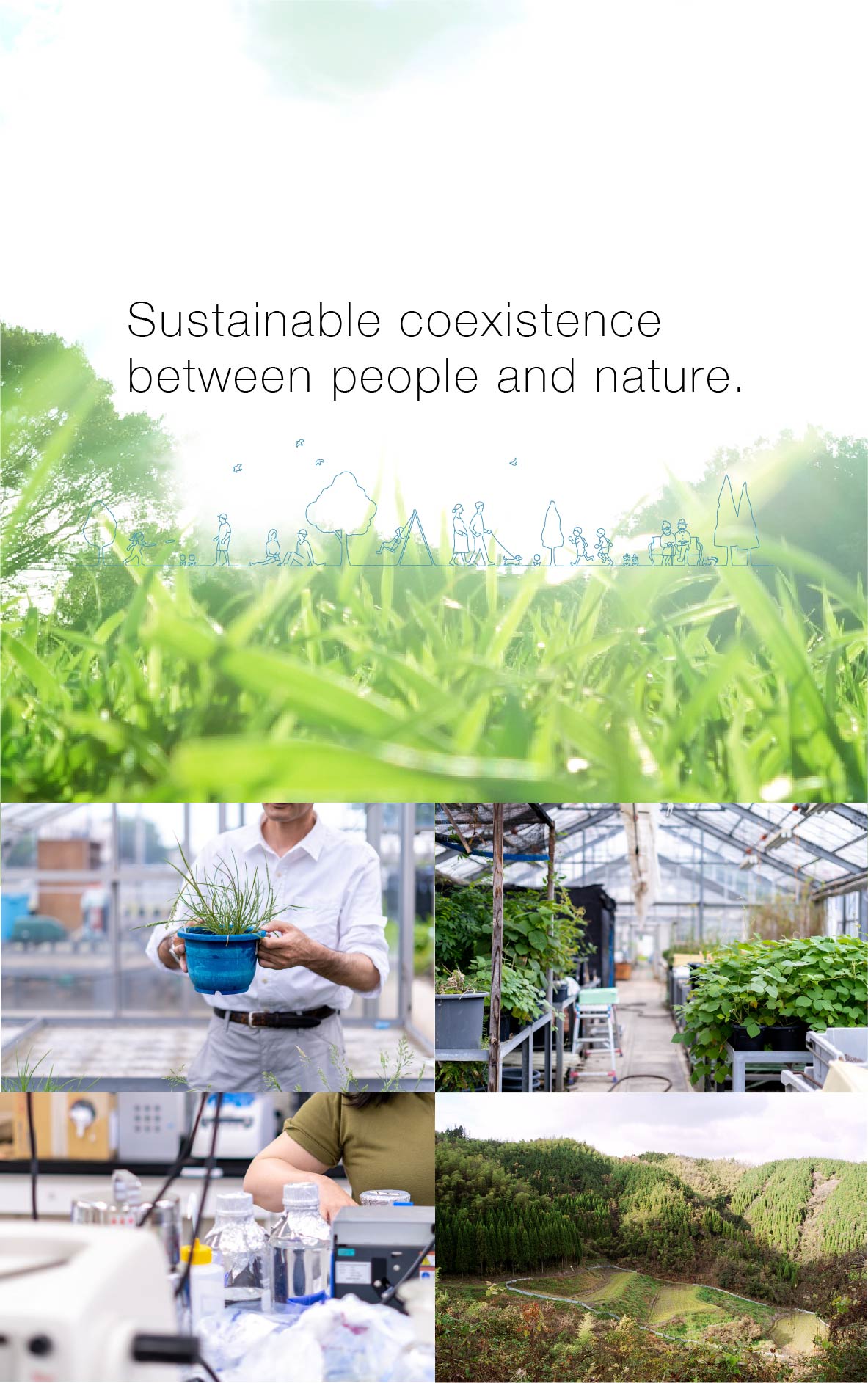
Prevent damage caused
by weeds and wildlife,
We aim for a symbiotic relationship
between people and nature.
Our life has become convenient and comfortable with the change of times. However, when we observe our surrounding environment, we find that the rapid and large-scale modification of land use, the frequent movements of organisms from their original distribution areas, and other human activities for our comfort have been greatly changing the balance of regional ecosystems. As a result, biodiversity has been damaged while many invasive alien species have rapidly increased, which has brought a variety of effects on our lives. Center for Weed and Wildlife Management (CWWM) has been working to deal with the conflicts caused by human activities between us human beings and other living things in the nature, especially with those problems of weeds and wildlife, and contributes its achievements for the society.
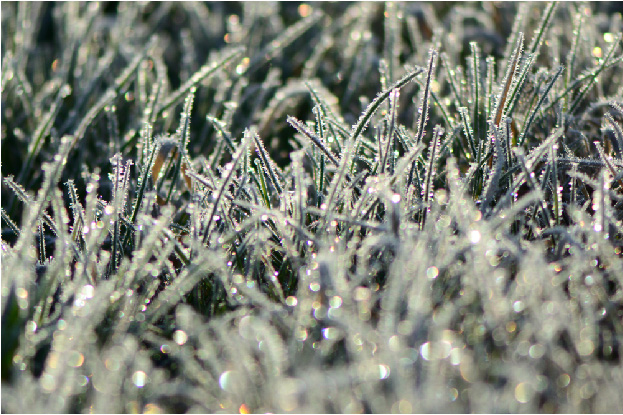

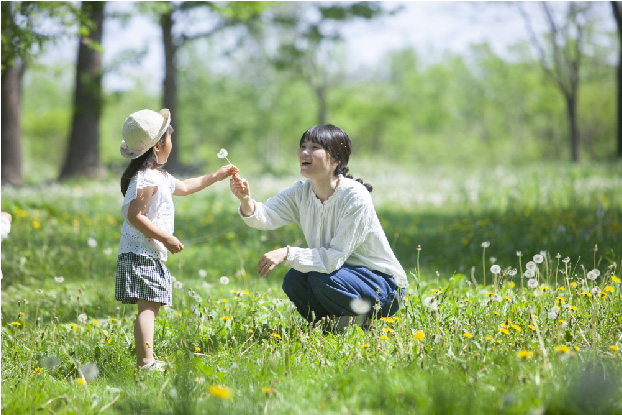

Projects
Difficult-to-Control Weed Project
Difficult-to-control weeds that are extremely difficult to control are invading one after another across national borders. However, due to a lack of manpower to manage the weeds at agricultural production sites, rivers, roads, and other public areas, weeds are thriving and becoming a major problem in many areas.
The most effective countermeasures are to prevent the invasion of the weed into Japan and to block the migration routes of the propagules within the country and region. New technologies that enable efficient control of invasive weeds are required.
This project aims to eradicate or control low densities of difficult-to-control weeds by preparing effective countermeasure technologies based on the understanding of population dynamics and life histories over a wide area.
Technology development will be carried out while scientifically verifying sustainability in response to international trends such as a decarbonized society and mainstreaming of biodiversity.
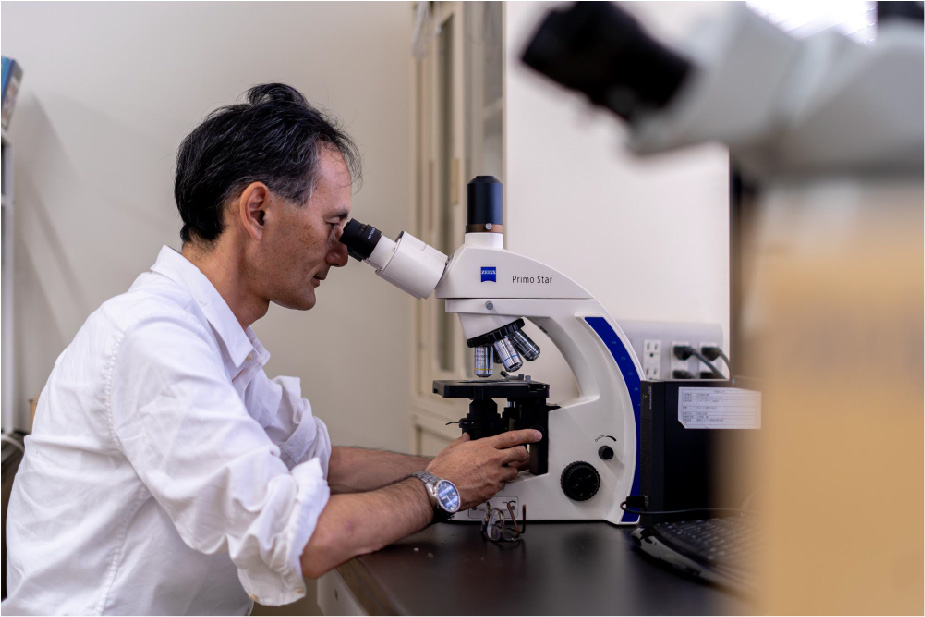
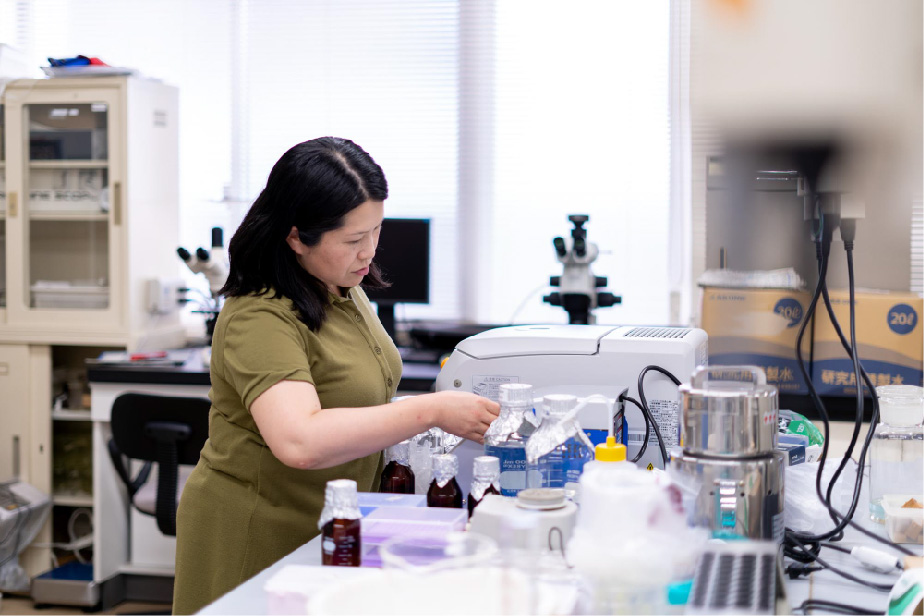
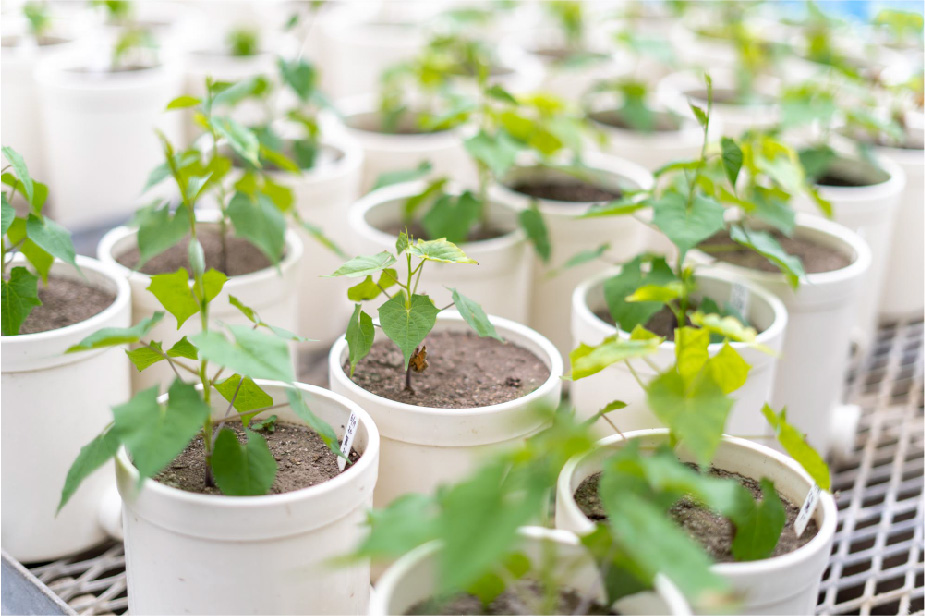
Professors
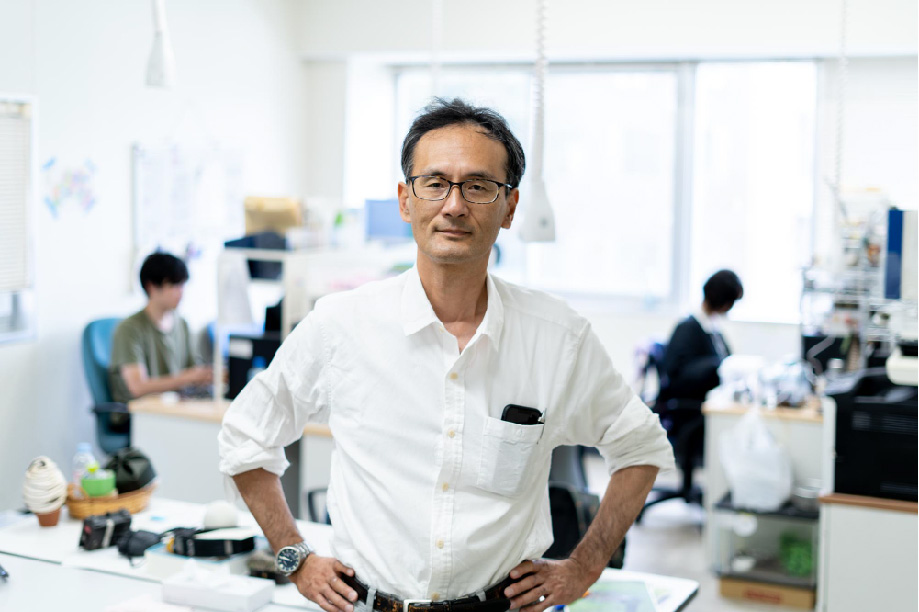
Hiroyuki Kobayashi
Director / Professor
“Super weeds” that are extremely difficult to control have emerged, and weeds have become a major problem in many areas because they are not well managed due to lack of manpower. Meanwhile, the mainstreaming of biodiversity is moving rapidly, and there is an urgent need to change to biodiversity-friendly technologies We will consider the true meaning of environmental conservation and develop sustainable weed management technologies.
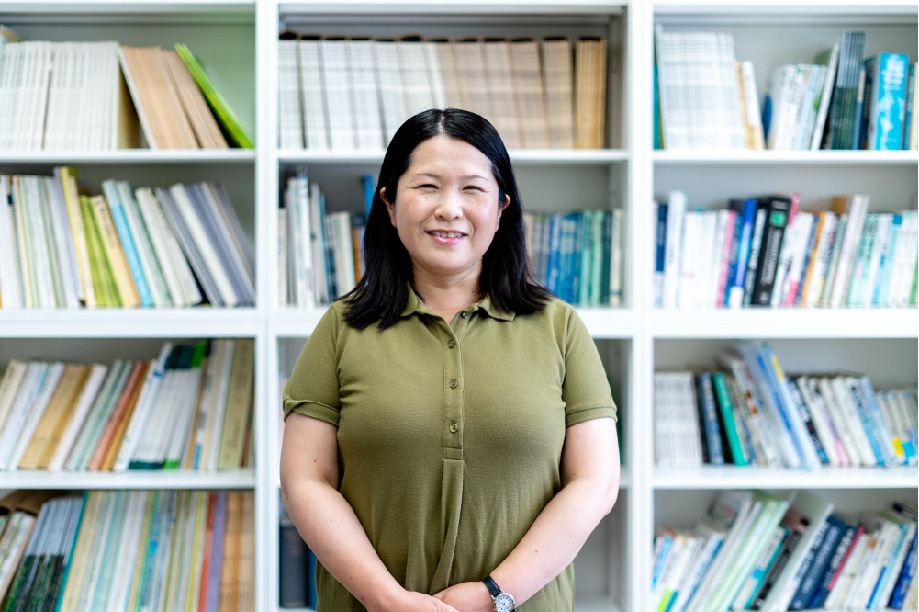
Maiko Akasaka
Associate Professor
Some weeds that occur on farmland and are difficult to control are non-native. In addition to researching control methods for non-native weeds that have become a problem on farmland, it is necessary to consider how to prevent them from entering farmland. It is also important to establish a system to prevent weeds that may become a problem overseas from being brought out of Japan. We are constantly seeking ways in which weed research can contribute to these quarantine issues.
Satoyama Management Section
Vegetation (a group of plants growing in a certain location), which supports the local ecosystem, is also essential to the richness of our human lives.
In recent years, however, the fauna, structure, and species composition of local vegetation have been changing dramatically along with changes in social systems, such as declining birthrates, aging populations, and depopulation. Such changes in local vegetation can lead to problems such as the growth of weeds under undesirable conditions, an increase in pests such as wild birds and animals that take refuge in the overgrown weeds, and the deterioration of the landscape that characterizes the area.
This project will identify issues surrounding vegetation in the region through multifaceted analysis of vegetation, and explore vegetation management policies and techniques that are safe, sustainable, and in harmony with our way of life and culture, mainly from the perspective of field science.
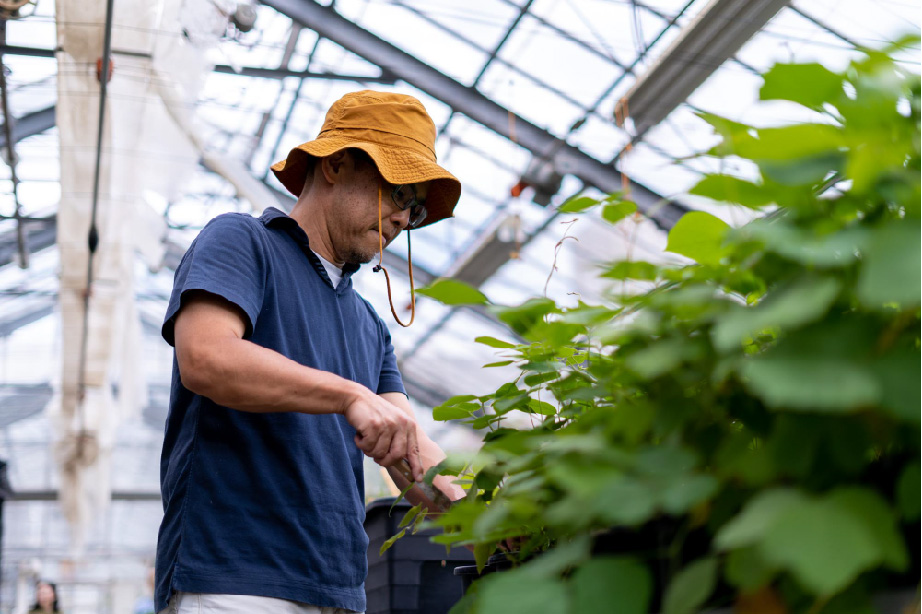
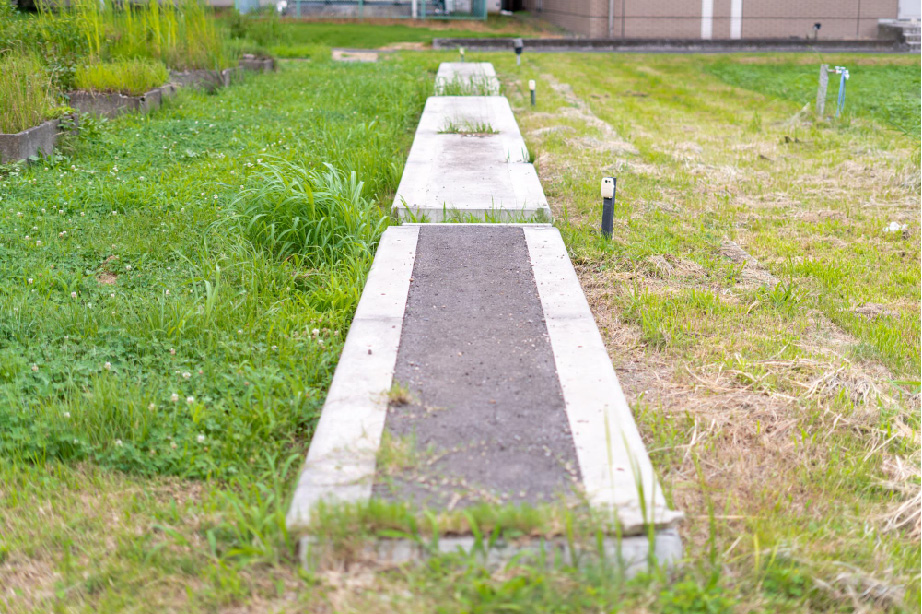
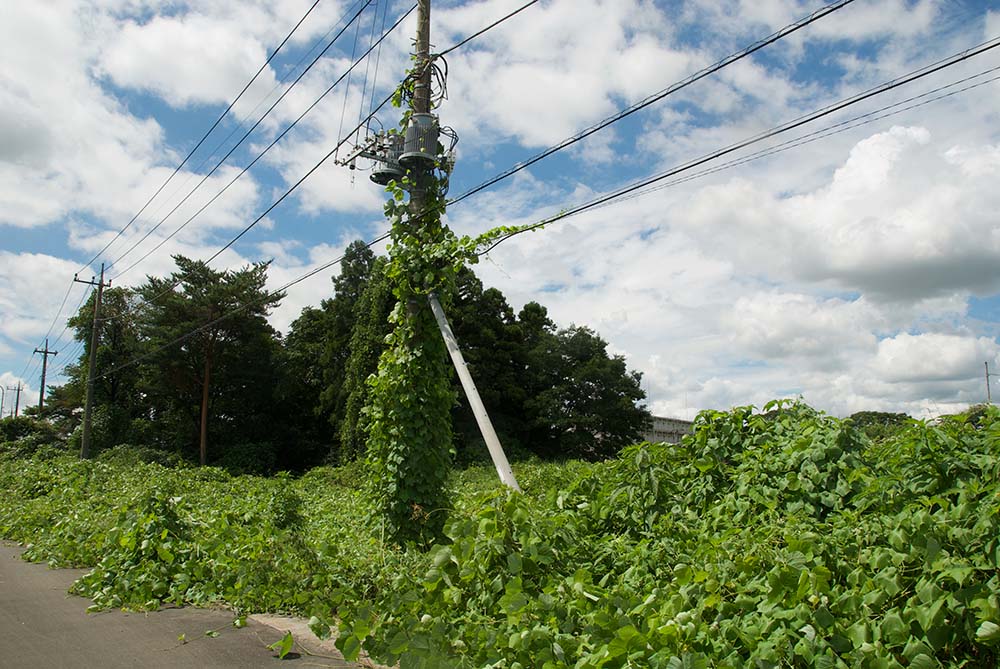

Professors

Takayoshi Nishio
Associate Professor
We are studying how we humans interact with weeds, such as whether weeds should be controlled or coexist with humans, by examining how weeds invade our sphere of life and how they survive.
Wildlife Management Section
Before the 19th century, various wildlife inhabited in Japan everywhere, and the people were having various relations with the wildlife. However, in the later half of 19th century, habitats of wildlife shrunk to some parts of Japan by the change of the socio-economic structure of Japan. A wildlife and the human relation became thin at the same time, too. However the drastic reduction in utilization of farmland and firewood forest in 1960’s led to the distribution recovery of Japanese deer, wild boar and other wildlife and to increase in agricultural damage by them.
In addition, alien species invasion has been promoted by the development of economic activities on a global scale,which has become a major problem in advancing the conservation of natural ecosystems. And the spread of classical swine fever(CSF), avian influenza, and other disease caused by wildlife has resulted in enormous economic losses.
In order to eliminate these conflicts between wildlife and people, this section studies both basic fields including population ecology and applied researches such as wildlife management and ecosystem conservation.
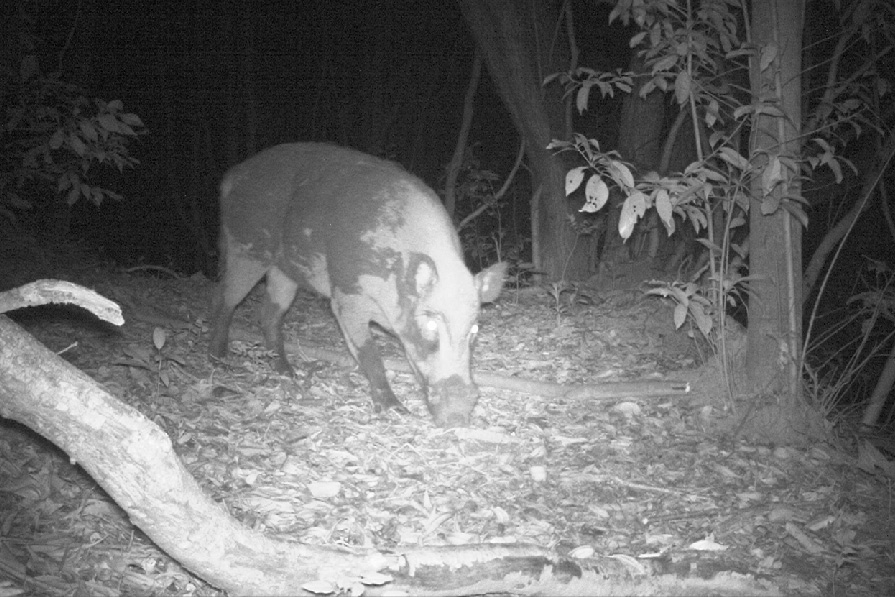
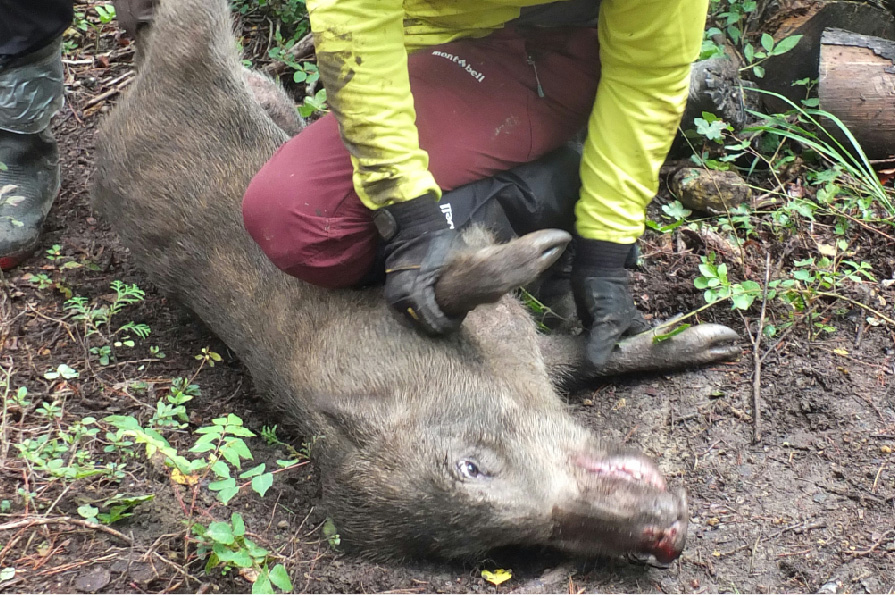

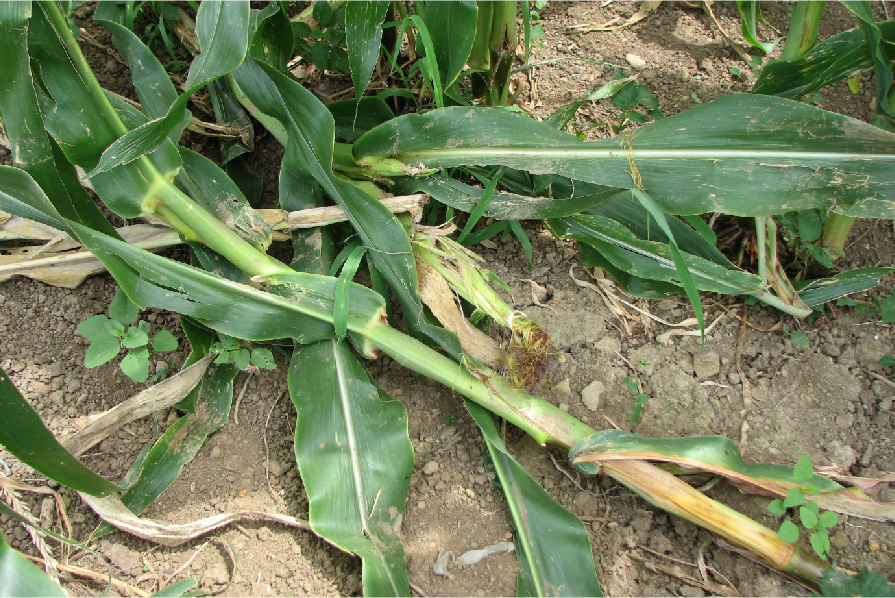
Professors
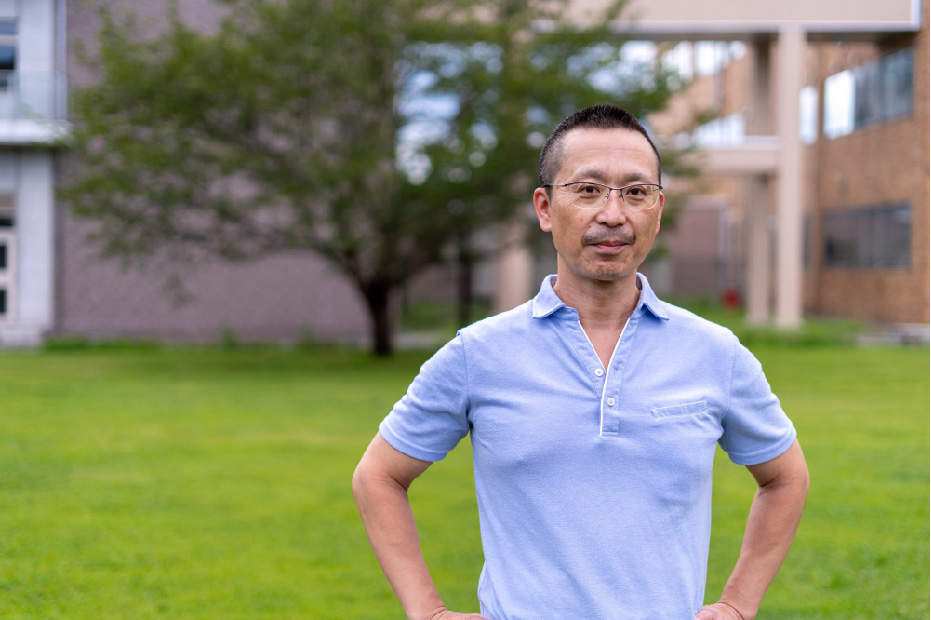
Yuuji Kodera
Associate Professor
We studies conservation biology and wildlife management to resolve conflicts between wildlife and human. Our research interests are not only wildlife ecology, but also human dimensions of wildlife.

Center for Weed and Wildlife Management
〒321-8505
Utsunomiya, Tochigi Prefecture Mine-machi 350 [MAP]
TEL:028-649-5148
FAX:028-649-5155
Email:imfo_cwwm<-at->cc.utsunomiya-u.ac.jp
※please replace <-at-> to @


